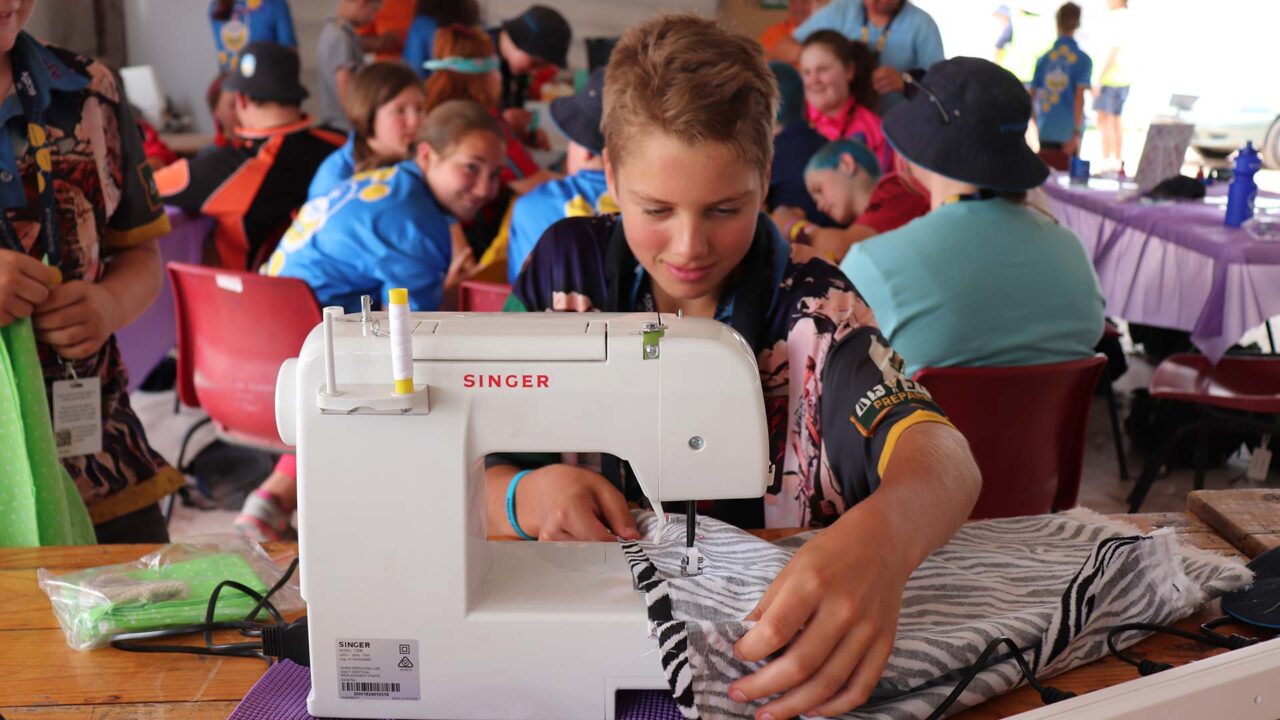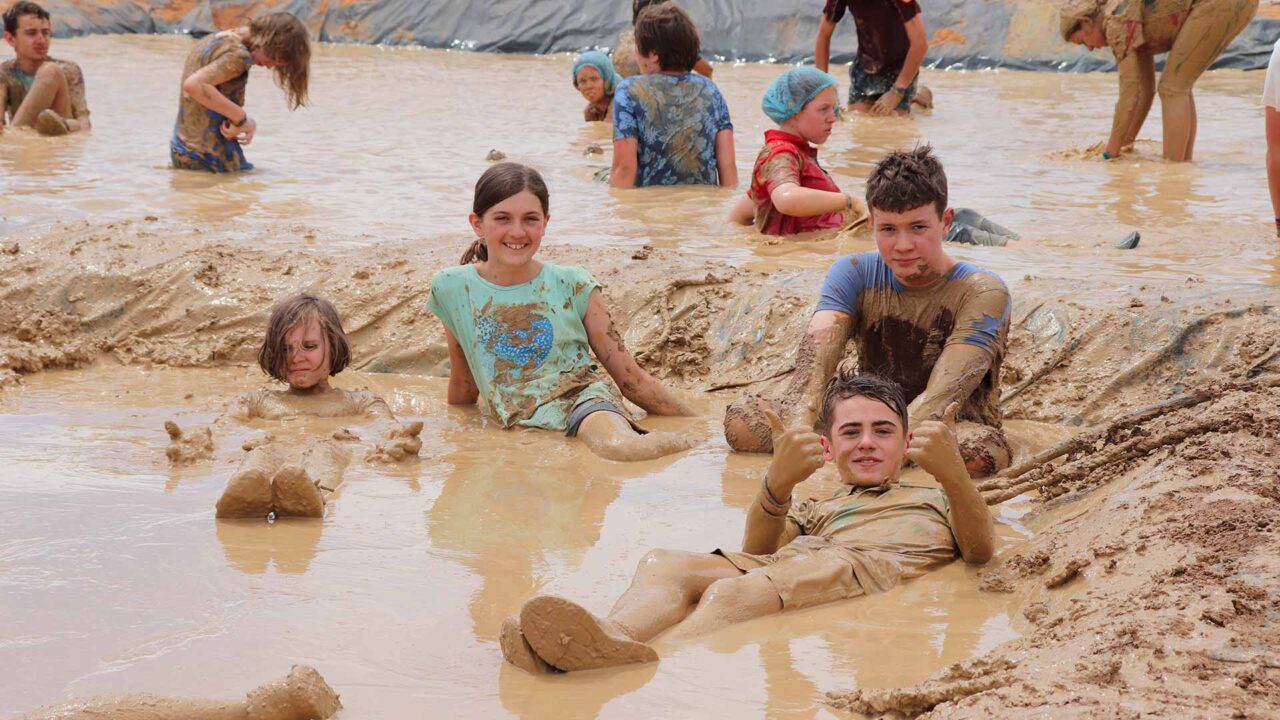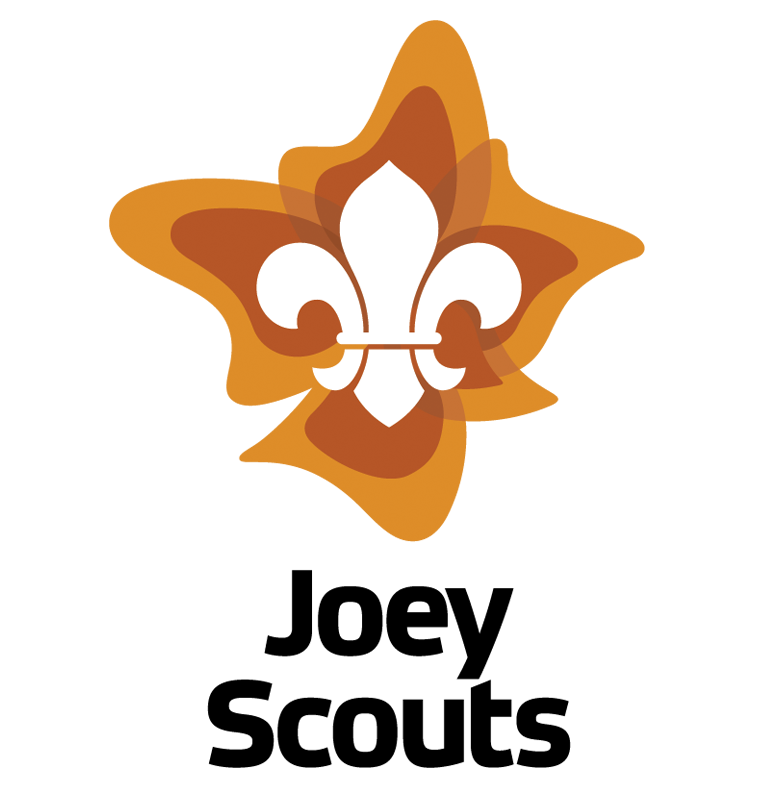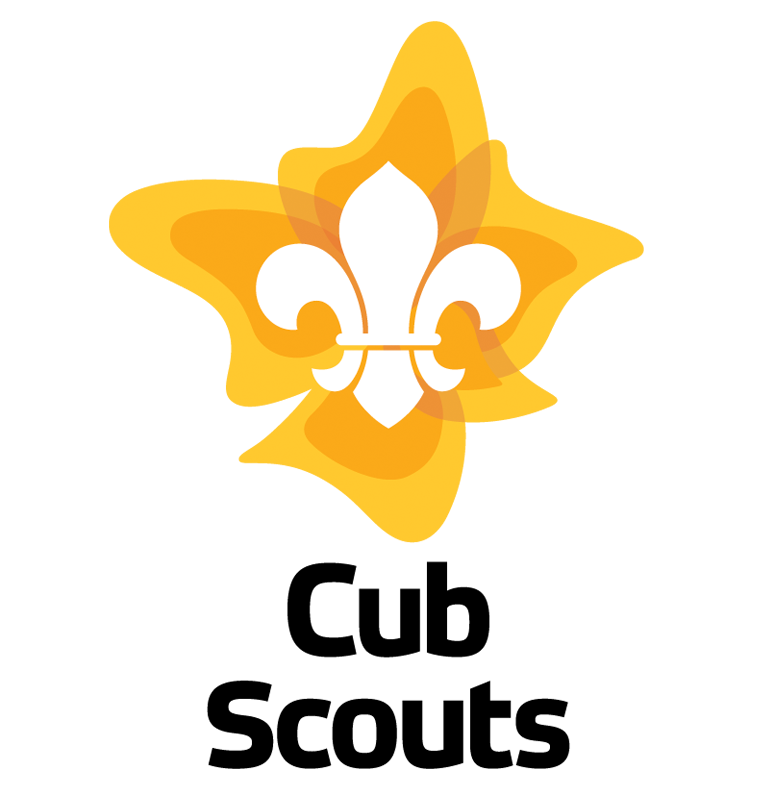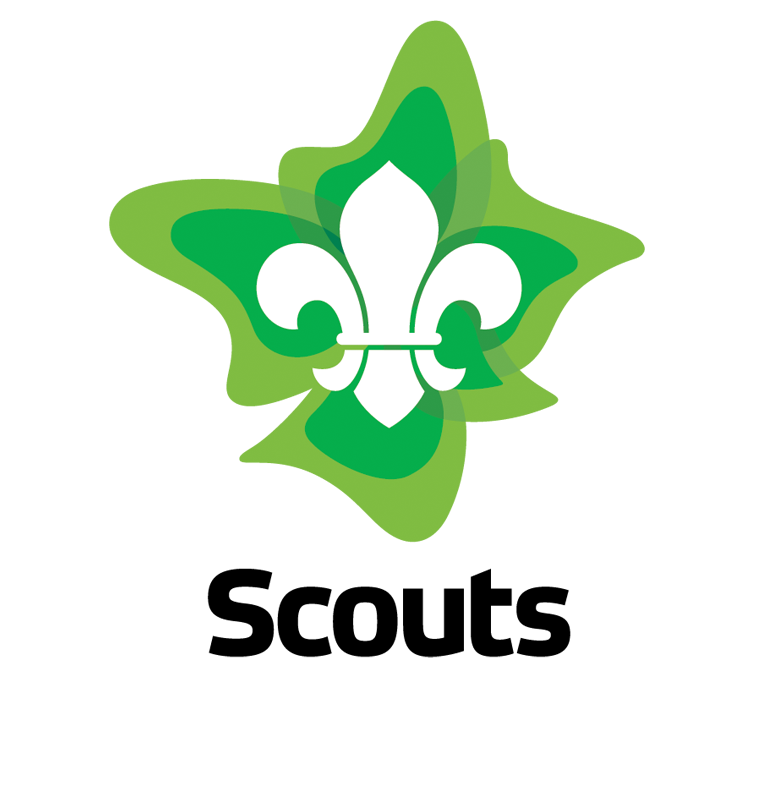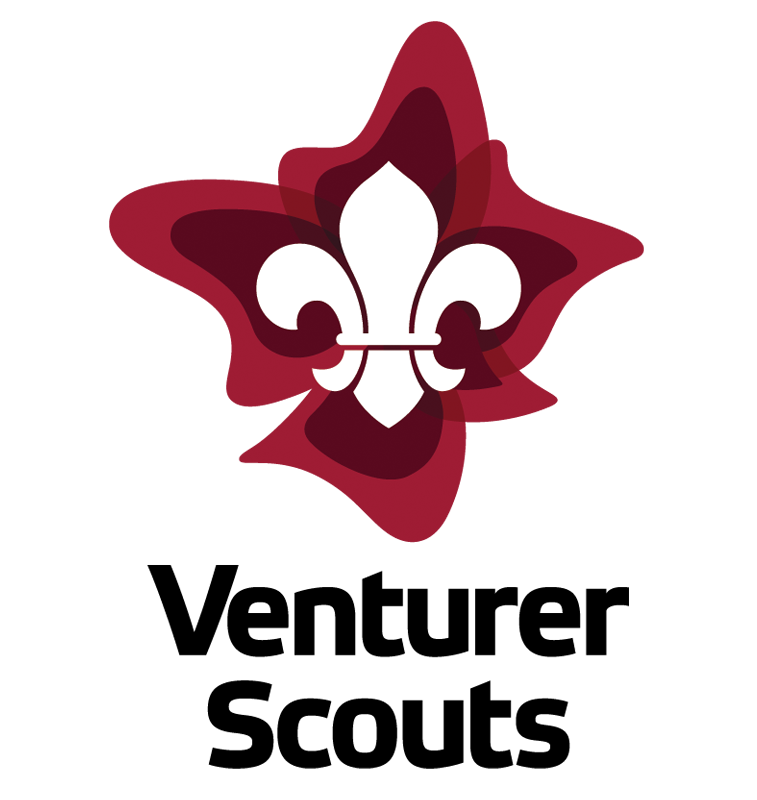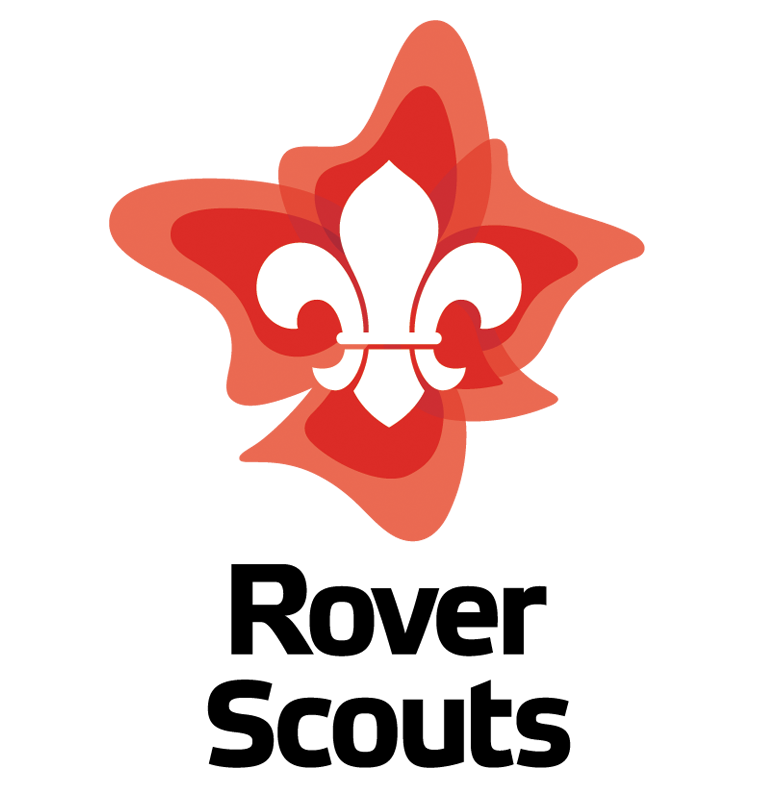Glossary
Achievement Pathways
The Achievement Pathways are a personal progression framework that recognise an individual’s personal development within the Scouts Australia program. You may have previously known this as the “award scheme”.
The Achievement Pathways are characterised by the pathway around, along, and up a mountain. These achievements are identified through a series of uniform badges.
The Achievement Pathways consist of the Program Essentials, the Outdoor Adventure Skills, the Special Interest Areas, and additional requirements needed to achieve the peak award in each age section.
Adventurous Journey
The Adventurous Journey is one of the additional requirements to complete the peak award in any section. The Adventurous Journey requires the youth member to plan and lead an expedition in which the Scout applies the leadership and outdoor skills they have developed throughout their Achievement Pathways adventure.
Adult Leaders
Adult leaders are part of the support for youth members in the Scout program. They support youth through decision-making, leadership, coaching and mentoring members to become the best possible version of themselves. The role of the adult throughout the program is not to be the voice of the section rather, it is to empower and guide Scouts to be the voice and leaders of their individual Scouting experiences.
Additional Awards
All the badges that don’t fit into the Achievement Pathways, such as Their Service Our Heritage, Scouts of the World Award, World Scout Environment Badge, First Aid, Duke of Edinburgh, etc.
Assistant Patrol Leader
Supports the Patrol Leader in leading their patrol and assists the Patrol Leader with their duties when needed.
Challenge Areas
The four Challenge Areas (Outdoor Challenge, Personal Growth Challenge, Community Challenge, and Creative Challenge) are used to support program planning to ensure program cycles are engaging and diverse.
Formal / Informal / Non-Formal Learning
Formal learning is the hierarchically structured, chronologically graded educational system running from school to university.
Informal learning is the process where individuals acquire attitudes, values, skills, and knowledge from daily experiences, such as from family, friends, peer groups, the media, and other influences and factors from in the person’s environment.
Non-Formal learning takes the form of organised educational activity outside of the established formal system. Though it is not as rule governed as formal education systems, and it does not have the same officiality, it does have an educational purpose. Scouting is non-formal and complements the learning that occurs in formal and informal settings.
Goal Setting
Goal setting is about each individual Scout being able to think about projects or tasks they want to carry out across their Scouting journey and then being able to set stages along that path to reach those goals. Goal setting is a skill in life that we aim to foster and develop in our youth members through Scouting.
Group
The organisational level of Scouting which delivers the Scout Program in the local community. The Scout Group is made up of age sections (units) within the Group.
The Scout Group is lead by a Group Leader who supports all section adult leaders in supporting Scouts through Scouting.
I… Statements
The I… Statements are a resource that turn the Educational Objectives of Scouts Australia into a set of statements which Scouts can use to self assess and reflect on their personal development. The I… Statements help adults and youth to break each SPICES area down into meaningful phrases.
Introduction to Scouting
This is an introductory stage of the Achievement Pathways that all Scouts who are new to Scouting must undertake. It marks the beginning of a Scouts’ journey in the World Scout movement and is represented by the badge of the World Scout emblem..
Introduction to Section
When a Scout progresses to a new age section, the Introduction to Section is the first step of the Achievement Pathways that all Scouts complete. It introduces the Scout to the new and different ways in which the section works.
Leader
Any person with a leadership role, whether youth or adult.
Mentor
A more experienced Scout, an adult or subject matter expert. Mentoring is a key part of the youth program and Scouts can make use of mentors at any time during their Scouting journey.
Milestones
The Milestones are the stages within the Program Essentials that symbolise the progression of each Scout through the program taking on roles of participating, assisting, and leading activities. Milestones are a big achievement for every youth member and shows their development and active engagement in the program.
Outdoor Adventure Skills
The Outdoor Adventure Skills provide youth members with the opportunity to experience and then pursue activities of interest in the great outdoors. There are nine skill areas, and each skill area has nine Stages. Some skill areas break into different streams, as the Stages get more specialised. Once a Scout has earned an Outdoor Adventure Skills Stage, they retain that Stage throughout their Scouting journey as a youth member. Adult leaders don’t earn Outdoor Adventure Skills.
Outdoor Adventure Skills Streams
After completing the basic stages of the Outdoor Adventure Skills, the Stages break into specialised streams, where Scouts are able to specialize and further develop their skills.
One Program, One Journey
The term “one program“ is a key concept that the program is built around. It is part of the Tier 1 symbolic framework in that it reminds us that young people should experience one developmental program journey during their time as a youth member, from Joey Scouts through to Cub Scouts.
We also use One Program, One Journey as a symbolic framework slogan for the program as a whole, advertising that Scouting is youth- centered as a Scout grows and develops through their section journeys.
Through One Program, One Journey, Joey Scouts discover adventure, Cub Scouts create the path, Scouts explore the unknown, Venturer Scouts look wide, and Rover Scouts go beyond the horizon.
Participate, Assist, Lead
Scouts participate in a range of activities. They assist in the organising and running of activities to gain team working skills, and they lead age appropriate activities, to gain leadership skills. These contribute to a Scout’s Milestone achievements in the Program Essentials component of the Achievement Pathways and are facilitated through the Challenge Areas.
Patrol System
A way to develop interpersonal and leadership skills through teamwork, responsibility and belonging. The patrol system is an element of the Scout Method. A small group of Scouts within a Unit, who work together and experience Scouting together, led by a Patrol Leader, with the help of an Assistant Patrol Leader (or two).
Patrol Leader
Leads their Patrol and guides the other Scouts through their section journey. Patrol Leaders are active members of the Unit Council.
Peak Award
Scouts are awarded a peak award for the sections they have completed all requirements within the framework of the Achievement Pathways.
Personal Reflection
The final step for achieving each Milestone and the the peak award for each section. It gives a Scout the opportunity to reflect on what they have learnt on their journey. This supports the the Scout to understand how they have developed through the SPICES.
PIan>Do>Review>
Plan>Do>Review> is a cycle of planning, doing, and reviewing all the activities that you do. It means you are constantly evolving your activities, making them better all the time.
Program Cycle
A program cycle is an identified period of time in a Unit’s program. It may be based on a school term or based on the time taken to complete an activity, eg. a Rover Patrol planning and completing an expedition, or a Cub Scout Unit completing a Community Challenge together. It could also be based around themed activities over a period of weeks or months. The symbolic framework of a section should be considered in program cycles. The planning, doing and monitoring of the program cycle is the responsibility of the Unit Council with both youth and adults engaged.
Program Essentials
The Program Essentials form the base of the Achievement Pathways mountain. They are the Introduction to Scouting, Introduction to Section and Milestones. These Program Essentials are achieved though active participation in a diverse program, with personal progression and leadership development. All Scouts should be able to progress in the Program Essentials through regular attendance in and engagement with the Unit’s program.
Project Patrol
A small team of Scouts who share an interest in a project or activity, so they form a Patrol and elect a project Patrol Leader. The Patrol disbands once the activity is complete. Project Patrols can be across sections and across groups.
Scouts Australia Institute of Training (SAIT)
The Scouts Australia Institute of Training offers formal recognition of qualifications based on learning gained by participating in the youth program or adult training. SAIT is the Enterprise Registered Training Organisation (RTO #5443) of Scouts Australia that maps learning gained through Scouts Australia to industry recognised qualifications.
SPICES
The six areas of personal growth that Scouting’s Purpose aims to develop young people in: Social, Physical, Intellectual, Character, Emotional, Spiritual.
Scout
Any invested member of the Scout Movement, no matter their age or section. We are all Scouts.
The Scout Method
The Scout Method is the “how” of the Scout youth program. How we conduct our youth program so our youth members get the most out of their experiences. There are eight elements to the Australian Scout Method all of which hold equal importance in the development of our youth members.
Special Interest Areas
Six areas for Scouts to come up with their own challenges and projects through self set goals and PIan>Do>Review>. Scouts set personal goals to learn new things or to gain more skills in an area that interests them. Special Interest Areas are divided into six areas: Adventure and Sport; Arts and Literature; Creating a Better World; Environment; Growth and Development; STEM and Innovation
Subject Matter Expert
A person who is qualified in or has particular skills and knowledge of an area that a Patrol or Scout is needing guidance, in order to complete a goal. The person could be a youth or adult member in Scouting or a support person outside of Scouting.
Two Down
The two down assessment method is the way in which young people can assess and mentor other youth in the skill and knowledge content of the Outdoor Adventure Skills. A person can mentor and assess a young person who is working on a Stage two down from their own Stage in that skill/stream.
Unit
A group of youth members within a Scout Group, from the same age section. i.e. Joey Scout Unit, Cub Scout Unit, Scout Unit, Venturer Scout Unit, Rover Scout Unit.
Unit Council
As the main decision-making body within the Unit, the Unit Council mentors project patrols, deals with issues within the Unit, reviews programs, supports Achievement Pathways, and much more. The Unit Council is chaired by the Unit Leader and supported by youth and adults in all sections. The Unit Council is the main body who supports the development and running of the program and supports making sure there is an adventurous, fun, challenging, and inclusive program for the Unit.
Unit Leader
Youth member(s)who lead the Unit, chair Unit Councils and are responsible for maintaining a balanced program. The Unit Leader is the primary leadership role within the Unit, so they don’t have a home patrol, but will be a part of activity and project patrols. Units are encouraging to appoint a Unit Leader from Cub Scouts and beyond. Scout and Venturer Scout Units may have multiple Unit Leaders.
Sustainable Development Goals
The 17 United Nations SDGs build on the good work of the previous set of goals, known as the Millennium Development Goals. 197 countries signed up to the Agenda for Sustainable Development in 2015, including Australia. WOSM has become a global partner of the SDGs, and Scouts Australia supports this by incorporating the SDGs into the Special Interest Areas and Challenge Areas of the youth program. Members are encouraged to register their SDG projects on the Messengers Of Peace website scout.org and to view all the projects around the world on scout.org/worIdmap.
WOSM
The World Organization of the Scout Movement, which is the worldwide body that sets the standard for global Scouting. The Organization is headquartered at the World Scout Bureau, currently located in Kuala Lumpur, Malaysia. All National Scout Organizations come together at a World Scout Conference every three years, to make decisions about the future of the Scout Movement, and to elect a World Scout Committee who action Conference resolutions. Scouts Australia is a full member of the Asia- Pacific Region of WOSM.
Youth Leading, Adults Supporting
Youth Leading, Adults Supporting is young people taking charge of their Scouting journey while being assisted and mentored by adults. It is an element of the Scout Method, and thus should be evident in all the Scouting that you do.

Be prepared to connect.
Facebook and Instagram are fantastic ways to promote Scouting. Please enjoy their use by posting photos and stories about the great activities you are doing in Scouts.
Terms & Conditions
This site is made available by Scout Association of Australia, South Australian Branch Incorporated [ABN 35 621 021 366] and is referred to as Scouts SA, “us”, “we”, “our” in these Terms and Conditions. Your use of this internet site, and the purchase of any goods from us, is subject to these Terms and Conditions. You agree to be bound by these Terms and Conditions by accessing, browsing, and purchasing from this website.
